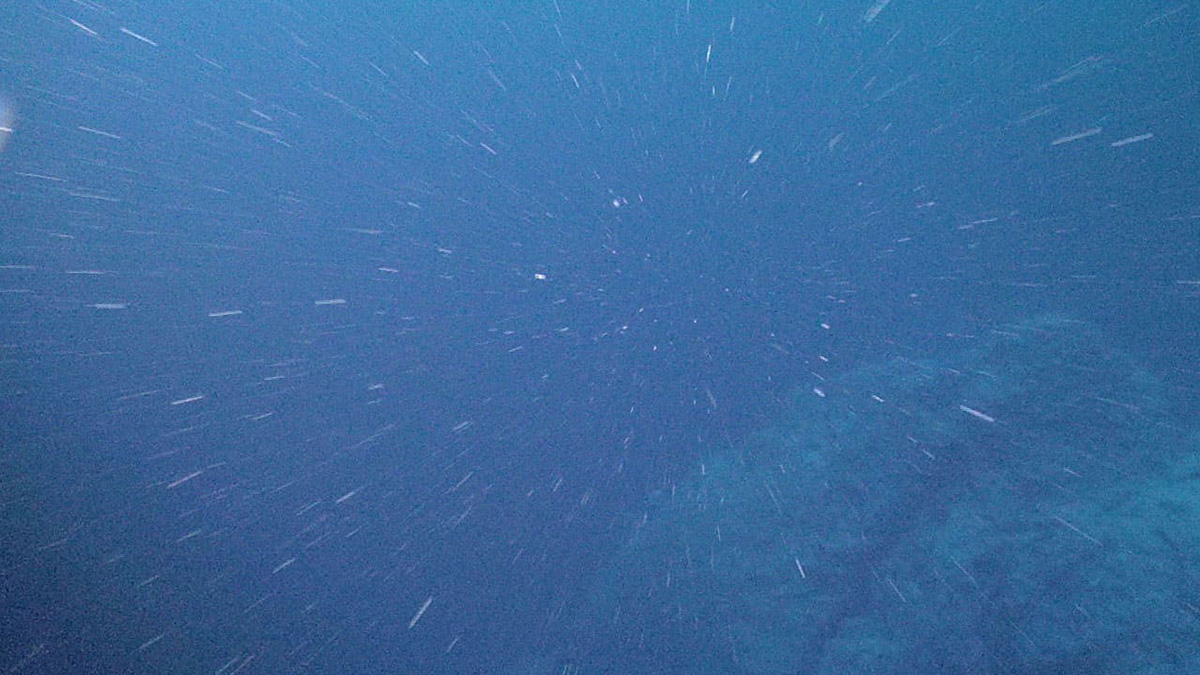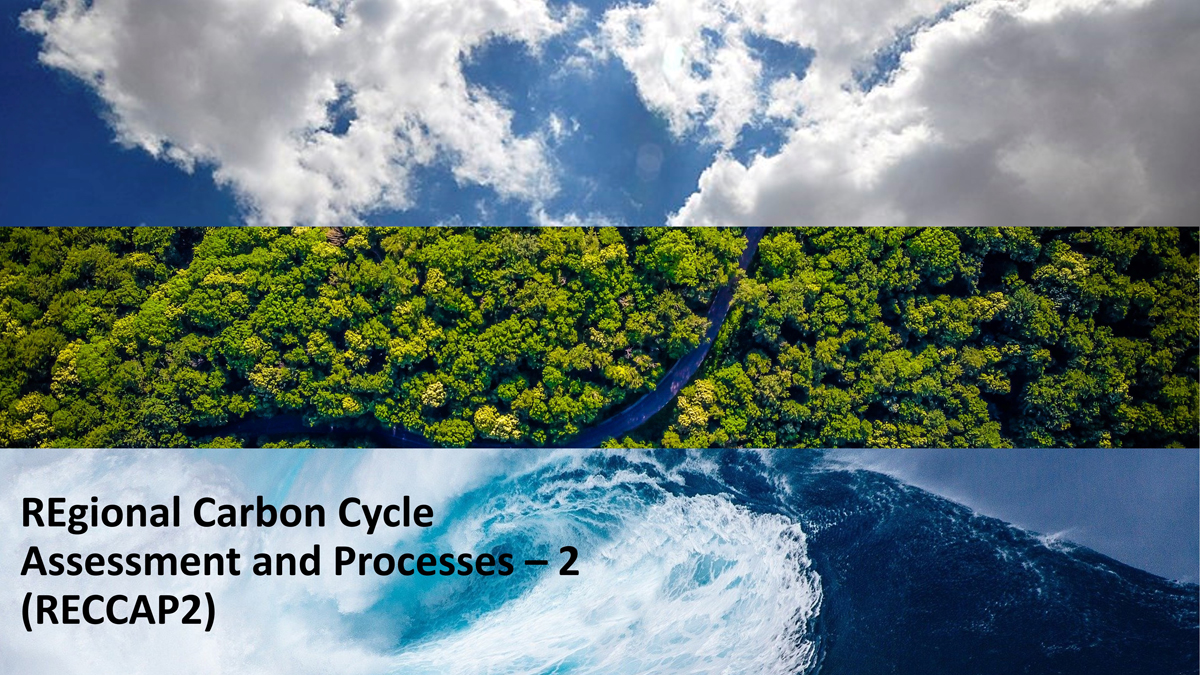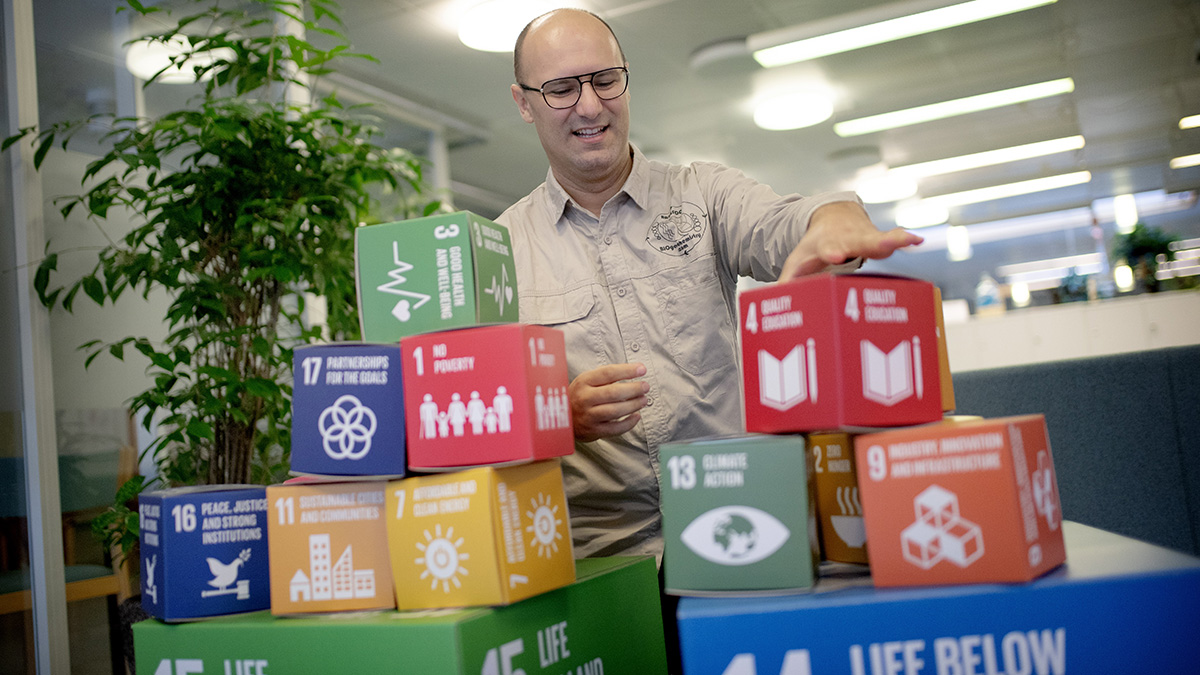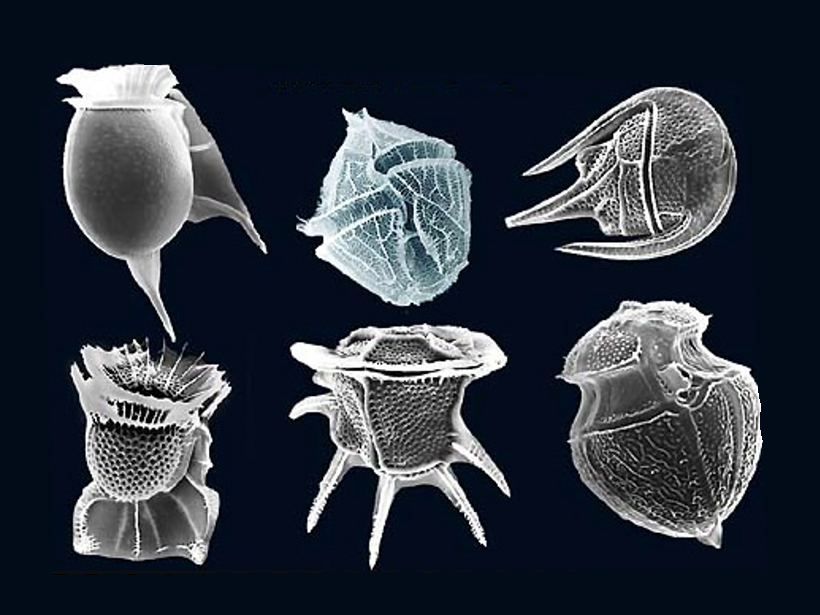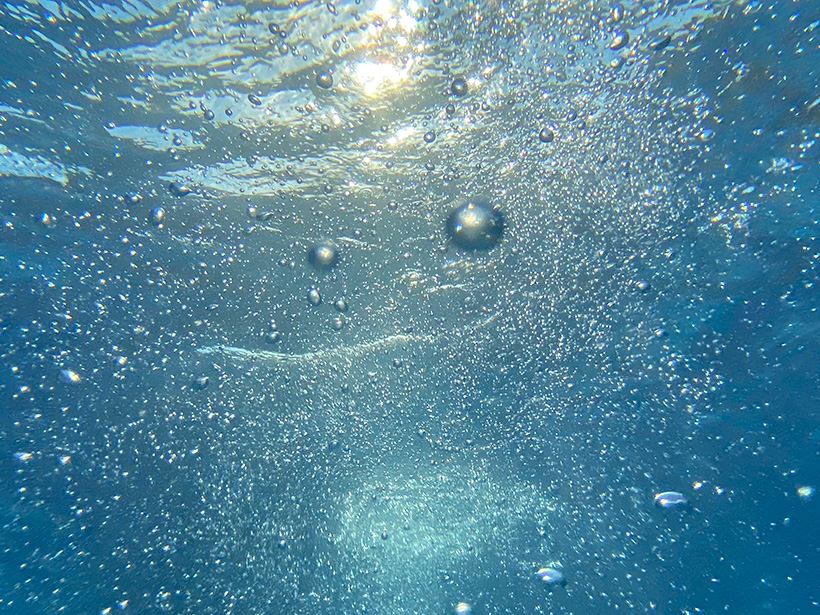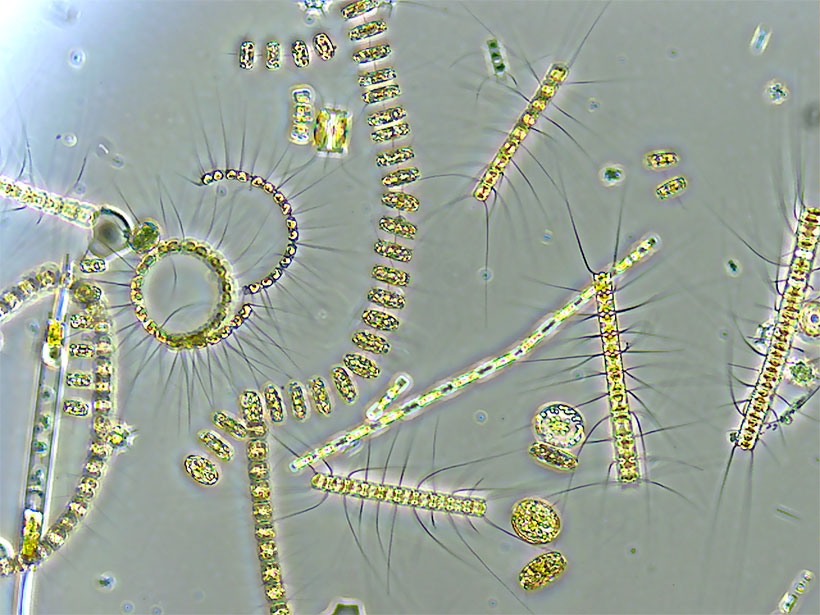Climate models could be vastly underestimating methane emissions from the world’s tropical wetlands, according to observational surveys of wetlands in Zambia.
Global Biogeochemical Cycles
A New Look at Preindustrial Carbon Release from the Deep Ocean
New research could help inform future studies of how the release of carbon dioxide from the Southern Ocean might affect global climate change.
The Seasonality of Oceanic Carbon Cycling
Scientists uncovered how seasonal changes affect the amount and rate of carbon as it moves from the ocean’s surface to its depths.
Inventorying Earth’s Land and Ocean Greenhouse Gases
A new special collection in AGU journals will present findings from the Second REgional Carbon Cycle Assessment and Processes (RECCAP2) study with a decade of data on greenhouse gas growth.
Introducing the New Editor in Chief of Global Biogeochemical Cycles
Find out about the person taking the helm of Global Biogeochemical Cycles and his vision for the coming years.
El papel del fitoplancton de tamaño medio en la bomba biológica de la Tierra
Una nueva investigación revela que el nanoplancton podría tener una mayor influencia en el ciclo del carbono de lo que se pensaba.
First Worldwide View of a Key Phytoplankton Proxy
New insights into the dynamics of ocean features known as deep chlorophyll maxima set the stage for better understanding of their role in carbon cycling.
Tracking Oxygen in the Sargasso Sea’s 18 Degree Water
Biogeochemical floats provide an improved picture of ocean mixing and oxygen movement in the North Atlantic Ocean.
The Alkalinity Trap at the Bottom of the World
Tiny microorganisms in the Southern Ocean affect the way the rest of the world’s seas respond to carbon dioxide.



